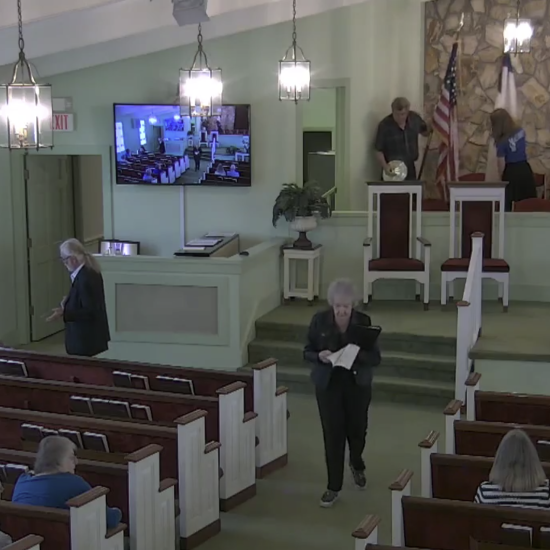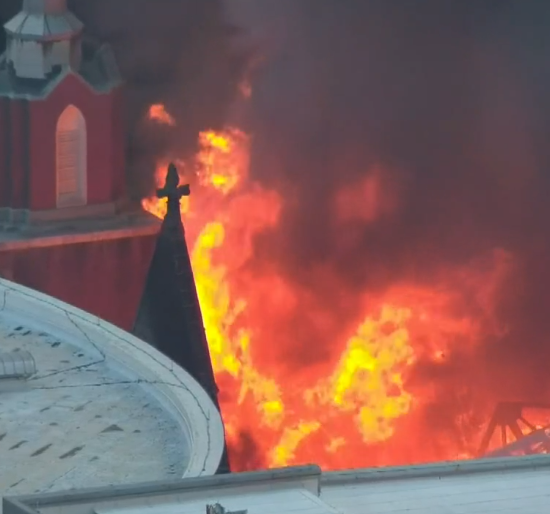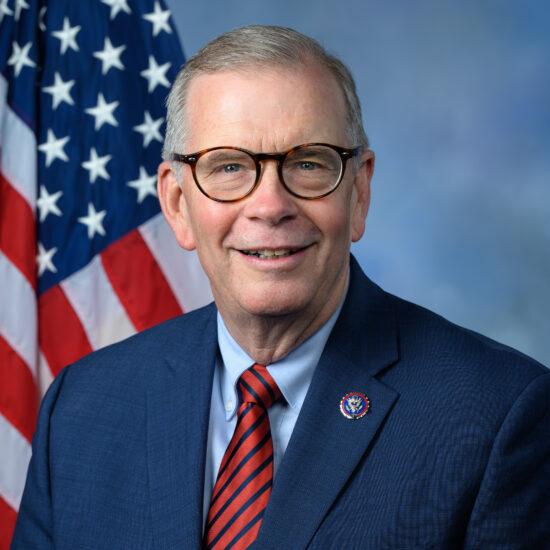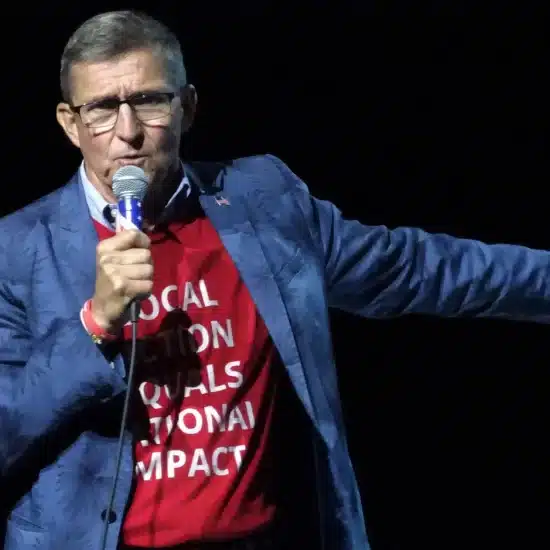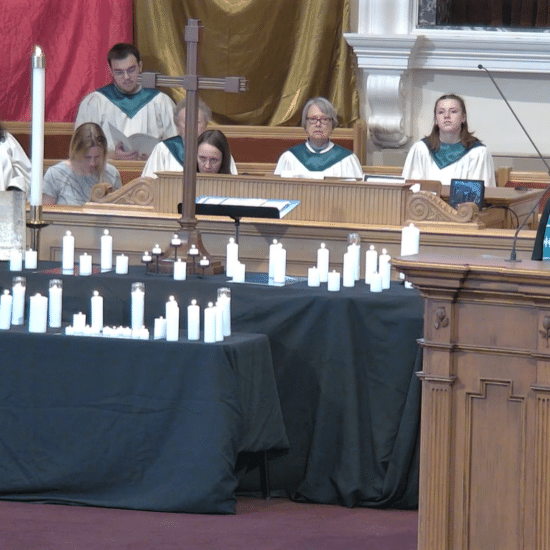FORT WORTH—On their best days, Baptists have provided a shelter for people "distressed for conscience" and played a role in distressing the conscience of the complacent, church historian Bill Leonard told a gathering sponsored by the Baptist Joint Committee for Religious Liberty.
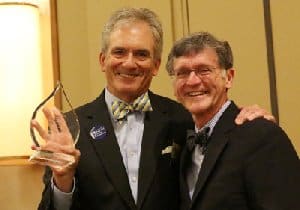
Bill Leonard (right), professor at Wake Forest University School of Divinity, receives the J.M. Dawson Religious Liberty Award from Brent Walker, executive director of the Baptist Joint Committee for Religious Liberty. (CBF PHOTO)
|
Roger Williams established Providence, Rhode Island, as "a shelter for persons distressed for conscience," said Leonard, the James and Marilyn Dunn professor of Baptist studies at Wake Forest University School of Divinity.
"Whatever else we Baptists can claim or disown in our history, we have been, are and will be at our best when we offer 'shelter for persons distressed of conscience'—even if we don't agree among ourselves what the specific issues of conscience may be," he said.
Leonard urged Baptists to consider several "issues plaguing my conscience that I hope will distress ours."
• Religious pluralism. "Let's celebrate religious pluralism—after all, we helped invent it," he said. "Such pluralism does not mean a nebulous religious syncretism without particularity, that we have to make all religions fit in common affirmation. It means everyone has voice and the freedom to choose or reject religious identity. That is the heart of a free conscience."
• End of Protestant privilege. "Pluralism was easy for Protestants until now," he observed. Early Baptists affirmed religious liberty when they were a persecuted minority, and it was simple to continue to use the rhetoric of liberty after they gained dominance in the culture, particularly in the Bible Belt. But today, non-Christian religions have grown and demand a place in society.
"These days, our consciences are sometimes distressed because we are experiencing the death rattle of Protestant privilege in American culture, particularly in the South and Southwest. This loss of religious hegemony forces us to ask: What will become of our commitment to religious liberty now?"
• Replace culture-privilege with culture-witness. "We do not claim religious rights at the expense of other's conscience but demand voice, the right to declare our views publicly and privately in ways that take dialogue and differences seriously," he said. "Disagree vehemently on the basis of conscience, but burn no one—implicitly or explicitly."
As Baptists advocate for church/state separation, they should own up to the reality that some retain ministerial tax exemptions, which he characterized as "the last gasp of fourth-century Constantinianism in a democratic culture."
• Rediscover conscience and dissent. "In a society where individualism is rampant, churches need to take communal responsibility for distinguishing Christian conscience from destructive fanaticism or political meanness," he said. "At the same time, faith communities themselves often require the prophetic voice of the lone individual, even when it is painful and divisive."
• Talk to, not at, people with different views. "Let us struggle—and it is a struggle—to distinguish between freedom of conscience in church/state matters and freedom of dialogue and debate inside the Baptist house," he said. He noted several examples of issues on which "Christians in general and Baptists in particular seldom found ways to talk about their differences outside sound bites in the public media."
Leonard also urged Baptists to look to the presidential election through the lens of the Providence experiment in religious liberty.
"Amid all the distress, in good conscience let's consider this, in the year of our Lord 2012, a Republican, former Mormon missionary and a Democrat, nurtured in an African-American liberationist congregation, are running against each other for president of the United States," he said.
"That situation appears to bear out Roger Williams' radical 1644 assertion that 'true civility and Christianity may both flourish in a state or kingdom, notwithstanding the permission of divers and contrary consciences, either Jew or Gentile.' He won, didn't he? At least for now."
Leonard received the J.M. Dawson Religious Liberty Award at a luncheon sponsored by the Religious Liberty Council of the Baptist Joint Committee. The event was held in Fort Worth in conjunction with the Cooperative Baptist Fellowship general assembly.

